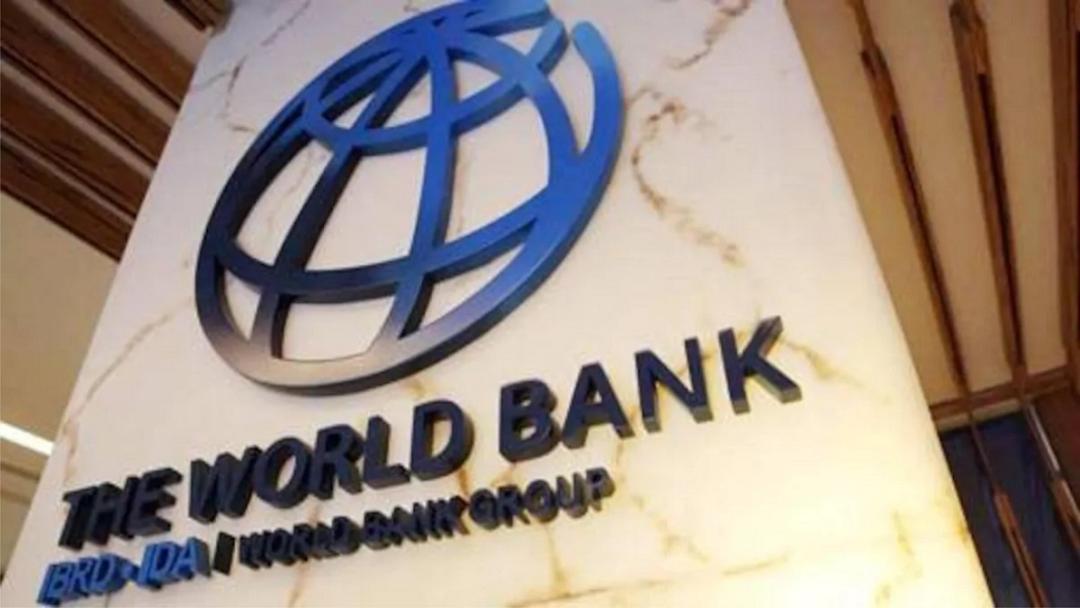
Georgia and World Bank develop “Blue Economy” concept; largest East European oil company enters the country

On 26 February, the World Bank, the Organization of the Black Sea Economic Cooperation (BSEC) and the government of Georgia started consultations on 'bluing the Black Sea' to address marine pollution and provide Georgia with a valuable opportunity to integrate the Black Sea into the country’s strategies for climate adaptation and mitigation.
The consultations were a result of two World Bank’s reports which were aimed at raising the ambition of Georgia’s nationally determined contribution (NDCs) and to consider adaptation targets for the country’s Black Sea coast. The reports identified key climate risks and vulnerabilities and the costs of environmental degradation of the coastal zone due to pollution, flooding, coastal erosion, and agricultural soil and forest degradation. Climate adaptation through resilient use of water resources and bringing back tourism to coastal areas after the Covid-19 pandemic were identified as the recommended priority coastal adaptation interventions.
“While the reports seek to raise the level of urgency needed to reduce the impact of climate change on the coastal zone and the escalating cost of inaction, it is not too late for action to ensure that the coastline of the Black Sea of Georgia adapts to climate change. Overall, the blue economy is vital for the social and economic development of Georgia and other countries across the region,” said Sebastian Molineus, World Bank Regional Director for the South Caucasus. In addition, World Bank Sustainable Development Regional Director Steven Schonberger noted that transboundary pollution challenges require regional solutions.
Parallel to the development of the “blue economy” concept, the largest eastern European oil company OMV Petrom and one of the ten largest oil giants in Europe, announced that it entered Georgia’s market to extract oil and gas in the country. The company will be allowed to carry out works in the offshore exploration block that covers a total area of 5,282 square kilometres for 25 years. “The fact that such a large business group is entering Georgia despite the pandemic shows that our investment climate is so resistant to external shocks that the pandemic could not do anything. On the contrary, we have several notable examples of the entry of leading companies in its field into both industry, IT and so on," Georgia’s Economy Minister Natia Turnava said.
See Also


Armenia Records 5.9% GDP Growth in 2024, Missing 7% Goal

Yerevan Balances Strategic Ties with Both US and Russia, Says Foreign Minister

FM Mirzoyan: Peace Deal with Azerbaijan Is Within Reach

Pashinyan and Erdogan Hold Call, Reaffirm Commitment to Ongoing Dialogue

